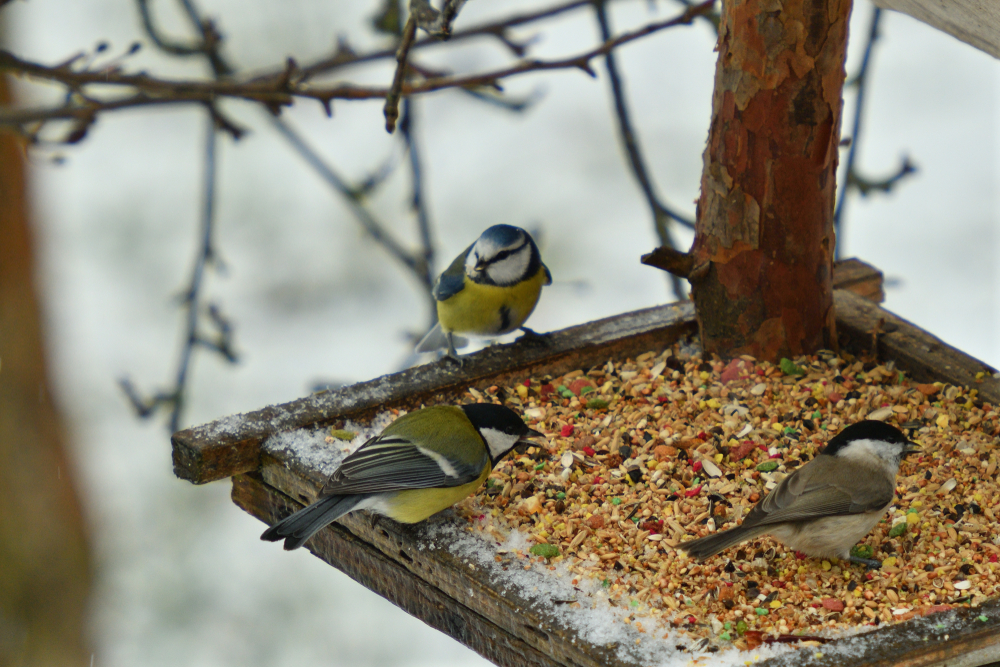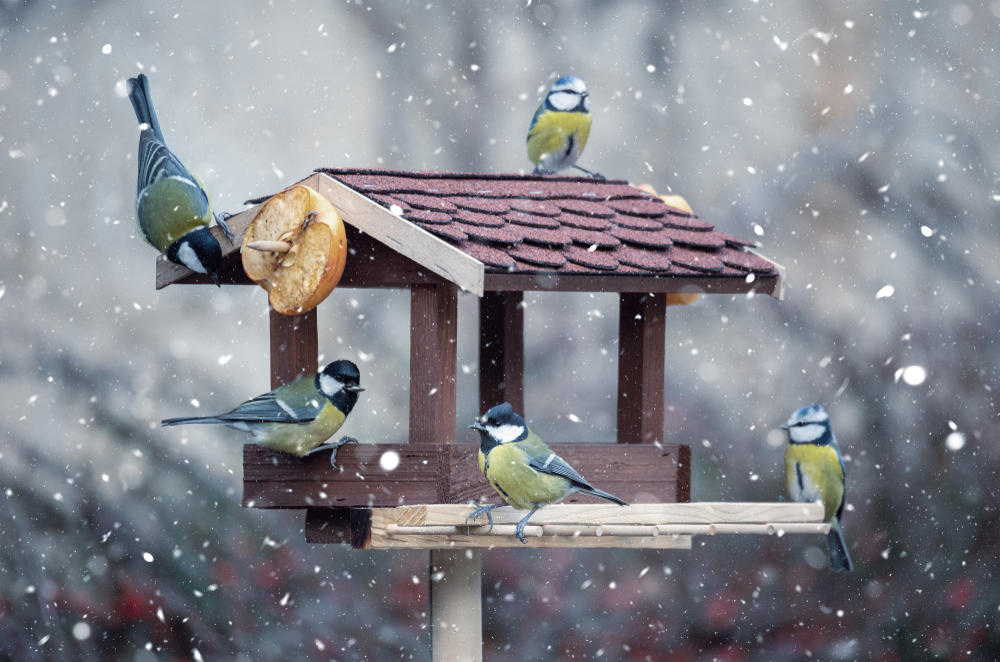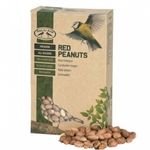As winter slowly approaches, a cold season during which birds may need help feeding, it is important to remember that certain foods are actually toxic to birds. Which ones? Also, are there any seeds that should not be given to birds? We take stock.
Every year as the winter season approaches, many people leave food for the birds in their garden. But certain foods are not suitable for the fragile metabolism of birds. Moreover, as the Bird Protection League (LPO) reminds us, it is better to avoid feeding birds in any season.
When should you not feed birds?
Bird protectors all insist on one point: better to stop feeding birds outside of cold periodswhere they are generally able to provide for themselves. The LPO therefore advisesavoid feeding birds during the breeding seasonfor several reasons: firstly, because no scientific evaluation allows us to state with certainty that this does not entail any risk of transmission of diseases or physiological disturbances. Second, because it can create dependence even though in this crucial season, young birds born during the year learn to feed themselves.
Globally, feeding birds can be practiced during periods of prolonged coldeither from mid-November to the end of Marchspecifies the LPO. This does not prevent you from leaving a small container of clean water for the birds, in all seasons, especially during hot weather.
What foods are toxic to birds?
If it is therefore possible tohelp birds feed during the cold season without harming their balance, certain foods are not recommended because they are potentially toxic to their bodies:
- Milk, which can cause fatal digestive problems
- The bread
- Pastries
- Rusks
- The cookies
- Pet Biscuits
- Cakes
- Rice (raw or cooked)
- Wheat (raw or cooked)
- Lentils (raw or cooked)
- Pasta (raw or cooked)
- Cheeses
- Cooked potatoes
- Peas (raw or cooked)
- Carrots (raw or cooked)
- The salad
- Meat, meat fat or salted bacon
- Salted seeds
- flax and castor seeds, toxic to birds
- Insects
This is a non-exhaustive list, which is why when it comes to feeding birds, it is better to refer to the foods recommended by the LPO.

Also read: Giving bread to wild birds, a practice dangerous to their health
What food to give to wild birds?
It is therefore possible to feed birds in winter with the foods listed below :
- Suitable seed mixtures (see paragraph below)
- Cracked corn
- Fresh peanuts (unroasted and unsalted)
- Sunflower seeds, if possible black
- Millet seeds
- Oatmeal (sugar-free, salt-free)
- Seasonal fruits (apples, pears, etc.)
- Fresh nuts
- Fresh hazelnuts
- Fat balls, without palm oil

Also read: Why and how to feed birds in winter?
What seeds should you not give to birds?
The LPO therefore advises to favor mixtures of unsalted seeds. Mixtures that can be prepared yourself or purchased commercially and which generally include:
- 1/3 crushed corn
- 1/3 black sunflower seeds
- 1/3 fresh peanuts or peanuts in their shells (unsalted and unroasted)
Better then avoid feeding birds with seed mixtures composed of lentils, peas or rice, which will be poorly digested.


RED SHELLED PEANUTS FOR BIRDS
Shelled red peanuts, very popular with birds and rich in lipids, carbohydrates, proteins, vitamin C, iron and calcium.
To discover on Prêt à Jardiner
Some tips for placing drinkers and feeders
Now that you know what food to give or not to feed birds in winter, here are some tips for arrange feeders or drinkers. Advice that applies without difference to vertical feeders or tray feeders.
- Arrange them high up to protect birds coming to feed from predators such as cats.
- Install them far from glass surfaces to prevent birds from colliding with your windows.
- Place feeders and drinkers in an open area so that they are easily spotted by birds. A clear area will also allow birds to see possible predators, such as cats, approaching.
- Prefer to install several feeders and waterers, so that the birds can spread out and thus avoid too close proximity, contributing to the transmission of diseases.
consoGlobe also recommends…
Source: www.consoglobe.com


